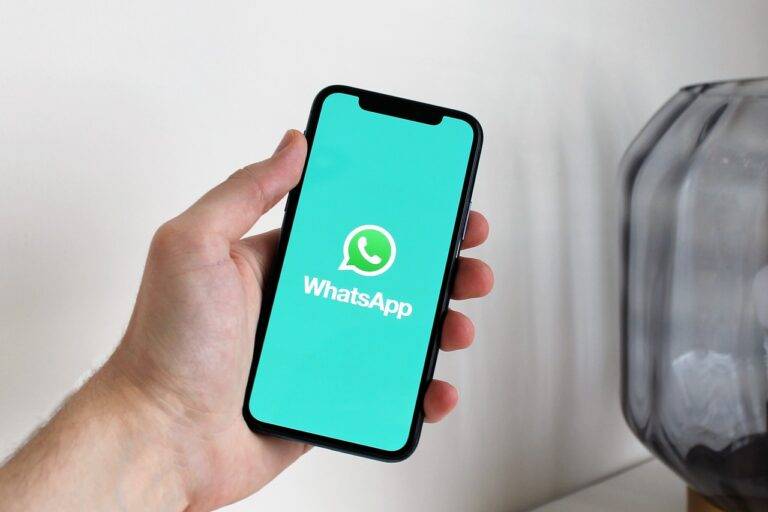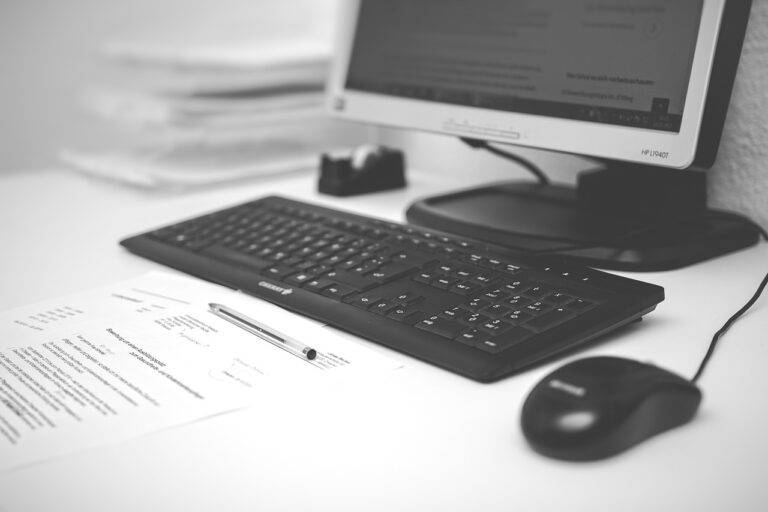Tech’s Impact on Mental Health: Balancing Digital Wellbeing
Excessive screen time can have detrimental effects on mental health. Prolonged exposure to screens has been linked to increased feelings of anxiety and depression in individuals of all ages. The constant stimulation from electronic devices can also disrupt sleep patterns, leading to fatigue and irritability throughout the day.
Moreover, excessive screen time can contribute to feelings of isolation and reduced social interaction. Spending long hours on screens may replace face-to-face interactions, impacting one’s ability to form and maintain meaningful relationships. This isolation can further exacerbate feelings of loneliness and negatively impact overall mental well-being.
• Excessive screen time can lead to increased feelings of anxiety and depression
• Prolonged exposure to screens can disrupt sleep patterns, leading to fatigue and irritability
• Constant stimulation from electronic devices may contribute to feelings of isolation
• Spending long hours on screens may replace face-to-face interactions, impacting relationships
Setting Boundaries with Technology to Improve Mental Wellbeing
In the age of technology, it is crucial to establish boundaries to safeguard our mental health. A constant barrage of notifications, emails, and social media feeds can lead to feelings of overwhelm and increased anxiety. By setting limits on screen time and creating tech-free zones in our homes, we can create space for mental rejuvenation and present moment awareness.
Furthermore, practicing mindful usage of technology can significantly impact our mental wellbeing. Taking breaks from screens to engage in physical activity, hobbies, or face-to-face interactions can help prevent burnout and improve overall mental health. By being intentional about when and how we use technology, we can cultivate a healthier relationship with our devices and prioritize our mental wellness.
Understanding the Connection Between Social Media Use and Mental Health
Recent research has shed light on the intricate relationship between social media use and mental health. The constant exposure to idealized images and curated lifestyles on social media platforms can contribute to feelings of inadequacy and low self-esteem among users. The phenomenon of comparing one’s own life to the highlight reels of others can fuel negative emotions such as jealousy, loneliness, and depression.
Moreover, excessive use of social media has been linked to increased anxiety and stress levels in individuals. The constant need to stay connected and updated on social media feeds can lead to a sense of being overwhelmed and constantly on edge. The never-ending scroll of information and notifications can disrupt one’s ability to relax and unwind, impacting their overall mental wellbeing.
Can excessive screen time have a negative impact on mental health?
Yes, excessive screen time has been linked to issues such as anxiety, depression, and loneliness.
How can setting boundaries with technology help improve mental wellbeing?
Setting boundaries with technology, such as limiting screen time and taking breaks from social media, can help reduce stress and improve mental health.
Is there a connection between social media use and mental health?
Research suggests that heavy use of social media can contribute to feelings of inadequacy, anxiety, and depression in some individuals.
What are some signs that social media use may be negatively affecting my mental health?
Signs that social media use may be negatively affecting mental health include feeling constantly stressed or anxious, comparing oneself to others online, and experiencing a decrease in self-esteem.
How can I strike a balance between using social media and protecting my mental health?
It’s important to be mindful of how social media makes you feel and to take breaks when needed. Setting limits on screen time and engaging in activities that promote mental wellbeing can also help maintain a healthy balance.





